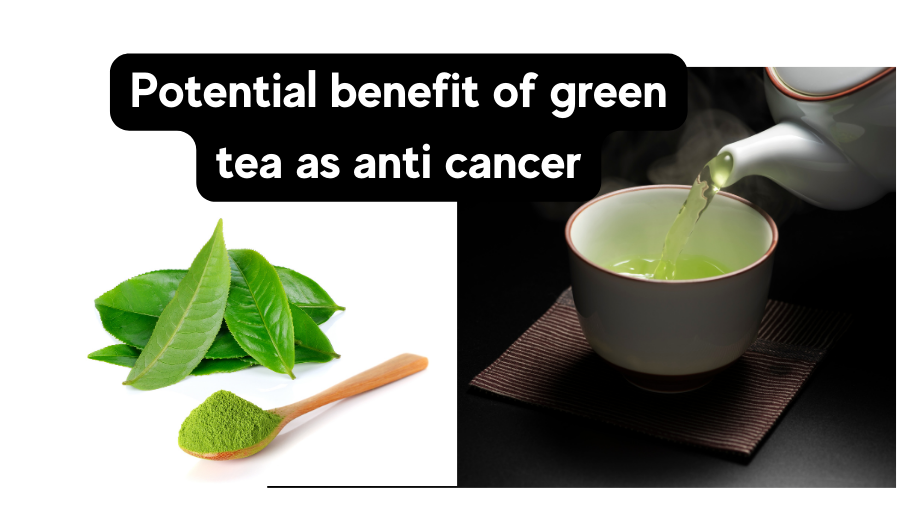Unlocking the Potential of Green Tea in the Fight Against Cancer
Promising discoveries in the realm of cancer research are pointing toward green tea as a potential ally in prevention and treatment. Let’s explore how this common beverage might hold the key to battling a disease that continues to challenge researchers worldwide.
The Challenge of Cancer:
- Cancer remains a significant global health concern, causing illness and death on a massive scale.
- Despite extensive research efforts over the past 50 years, finding a cure remains elusive.
- Chemotherapy, a common treatment, often inflicts substantial harm on patients.
Understanding Cancer’s Complexity:
- Cancer manifests in diverse forms across the body, making it challenging to unravel its mechanisms.
- Some individuals, seemingly without risk factors, still succumb to aggressive forms of the disease.
- Encouraging a healthy lifestyle is vital, but identifying substances for prevention and treatment is equally crucial.
Green Tea’s Key Component – EGCG (epigallocatechin-3-gallate):
- EGCG, a main component of green tea, takes center stage in cancer research.
- Numerous cancer-related mechanisms are attributed to EGCG, including inhibition of angiogenesis, DNA hypermethylation, and tumor cell proliferation.
- Studies suggest EGCG’s role in promoting tumor cell apoptosis and inducing tumor suppressor genes.
Inhibiting Angiogenesis and Detoxification:
- EGCG is believed to inhibit angiogenesis by reducing RNA and peptide levels of vascular endothelial growth factor (VEGF).
- Another potential cancer-fighting mechanism involves increasing levels of glutathione S-transferase pi (GST-pi), which helps detoxify and inhibit carcinogen-induced DNA damage.
Human Consumption Studies and Cancer Risk:
- Studies analyzing human green tea consumption showcased consistent positive results in reducing cancer risk.
- Case-control studies pointed to reduced risks in breast, cardiac, colorectal, esophageal, gastric, lung, ovarian, pancreatic, and prostate cancers.
- Breast cancer risk was found to decrease with increased tea consumption.
Optimizing Effectiveness:
- Analysis suggests that green tea beverages or supplements containing mixed catechins may be more effective than single catechin supplements like EGCG.
Molecular Mechanisms Unveiled:
- Molecular studies, especially in breast cancers, unveil potential targets and mechanisms of green tea catechins.
- Interactions with specific proteins, anti-angiogenesis mechanisms, and inhibition of enzyme activities and cell signaling pathways are among the studied mechanisms.
In the quest to combat cancer, green tea’s potent component, EGCG, emerges as a compelling area of research. While the journey to a definitive cure continues, these findings open new doors in the ongoing battle against this formidable disease.
Reference:
Wanda C. Reygaert. An Update on the Health Benefits of Green Tea. Beverages 2017, 3(1), 6
Other interesting articles:




